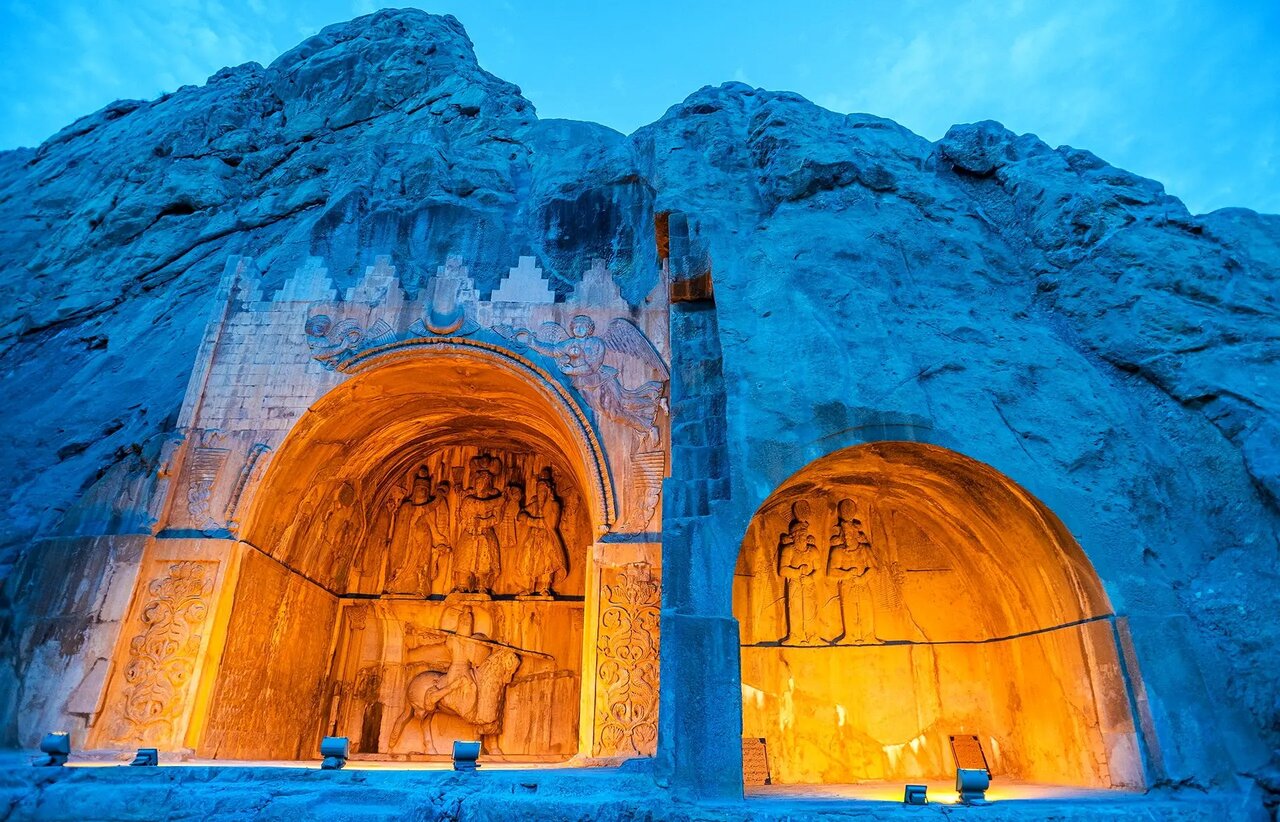Israeli airstrikes near Taq-e Bostan threaten Iran’s ancient heritage
TEHRAN – Over the past two days (Saturday and Sunday), multiple Israeli missile strikes targeted areas within three kilometers of Taq-e Bostan, one of Iran’s most significant Sasanian-era archaeological complexes near Kermanshah. The attacks generated violent tremors that shook the ancient site, raising urgent concerns about irreversible damage to this irreplaceable cultural treasure. Taq-e Bostan,


TEHRAN – Over the past two days (Saturday and Sunday), multiple Israeli missile strikes targeted areas within three kilometers of Taq-e Bostan, one of Iran’s most significant Sasanian-era archaeological complexes near Kermanshah.
The attacks generated violent tremors that shook the ancient site, raising urgent concerns about irreversible damage to this irreplaceable cultural treasure.
Taq-e Bostan, registered on Iran’s National Heritage List and included in UNESCO’s Tentative List for World Heritage status, comprises a series of monumental rock reliefs, including two majestic arched niches and standalone carvings commemorating Sasanian kings. The surrounding region also shelters critically important Paleolithic sites—Warwasi, Kobeh, Do-Ashkaft, and Malaverd caves—now at imminent risk.
The latest strike on Sunday directly hit the millennia-old rock art sites of Sorkheh Lizeh, located near Emam Reza Hospital, confirming fears of active destruction. Experts warn that the loss of these 12,000-year-old cultural landmarks would represent a devastating blow to global human heritage, demanding immediate international attention to prevent further damage.
AM
